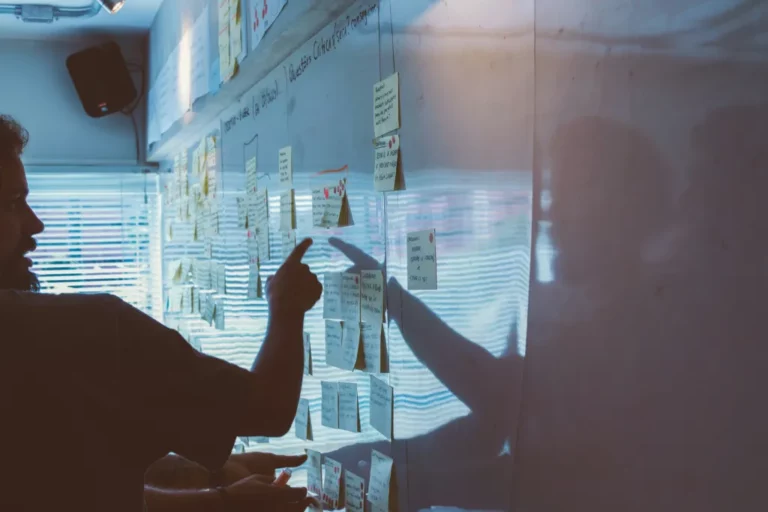‘Ubi iudicia deficiunt, incipit bellum’ is the motto on the Supreme Court building in The Hague. It is borrowed from Hugo de Groot and means, freely translated: ‘where there is no access to justice, war begins’. Law protects individuals against arbitrariness, abuse of power and inequality, makes both national and international instruments available to settle disputes and provides tools to operate effectively in governance.
Missing link
Law thus runs like a thread through the structures of society. Sometimes its presence is obvious, as when buying a house or signing an employment contract. Other times, law plays a less visible role, as when travelling by train or accepting cookies on a website. This makes law, as an academic discipline par excellence, closely intertwined with society, business and government.
In view of this comprehensive function of law, the Law sector not only studies and teaches the creation, interpretation and application of laws and regulations, but also the organisation, influence and – if possible – improvement of society through law and jurisprudence. This is sometimes done from the perspective of law as a separate system, but much more often in conjunction with other disciplines, such as psychology, criminology, data science or economics. By placing scientific developments in the normative frameworks of law, our sector is an indispensable link between science and society.

Council of Deans in Law
The Council of Deans in Law is a collaborative initiative between the ten Dutch law faculties. The council meets regularly to exchange views on current issues in the field of law education and research. This greatly enhances the coordination of, and coherence between, decisions taken by the faculties. This makes the the Council of Deans in Law an indispensable consultative body with the aim of achieving national coordination and alignment on certain themes. This is based on the widely shared realisation that the sector can only continue to grow together.
Collaboration
The cooperation of the deans in the council not only manifests itself in the sharing of experiences (as in the case of objectives in the field of diversity), but they also define joint positions (as, for example, on PhD articles) and actively participate in the SSH-council. This strengthens the strategic power of the deans’ consultation.
This intensive cooperation has also led to increased coordination in the field of education, partly through the consultation of the vice-deans of education LoodRecht. The online council-meetings also include the law faculties of Curaçao and Aruba, making the alignment and exchange even broader.
Impact as a sector
The council sees it as one of its tasks to make the law sector more visible both in the world of science and in society as a whole. Law education and research play an essential role in placing relevant technological, societal and scientific themes within the rule system we have agreed on together. As a municipality, province, country, continent or even as humanity. In doing so, legal science places itself at the heart of society and lends itself to the everyday life of every individual.
This impact has been strengthened through participation in the SSH-sectorplans. Indeed, in the ‘first tranche’ of these sectorplans, the Law sector was given the unique opportunity to be the first to work with this instrument. The faculties jointly determined what the shared challenges were, converted them into objectives and indicators, and then sharply chose topical themes per cluster and per faculty, thus providing a powerful stimulus to research – and thus also to education.

Chair
Prof. mr. Jan Smits (Maastricht University)
Members
Prof. mr. Harriët Schelhaas (Erasmus University Rotterdam)
Prof. mr. Roel Schutgens (Radboud University)
Prof. mr. Wilbert Kolkman (University of Groningen)
Prof. dr. mr. Ronald Janse (Open Universiteit)
Prof. mr. Mireille van Eechoud (University of Amsterdam)
Prof. dr. Geert Vervaeke (Tilburg University)
Prof. mr. Frank van Ommeren (Vrije Universiteit Amsterdam)
Prof. mr. dr. Elaine Mak (Utrecht University)
Prof. mr. dr. drs. Suzan Stoter (Leiden University)
Executive secretary
Mark Steijns: m.steijns@maastrichtuniversity.nl
&
Heidi Gulix: Heidi.Gulix@maastrichtuniversity.nl



